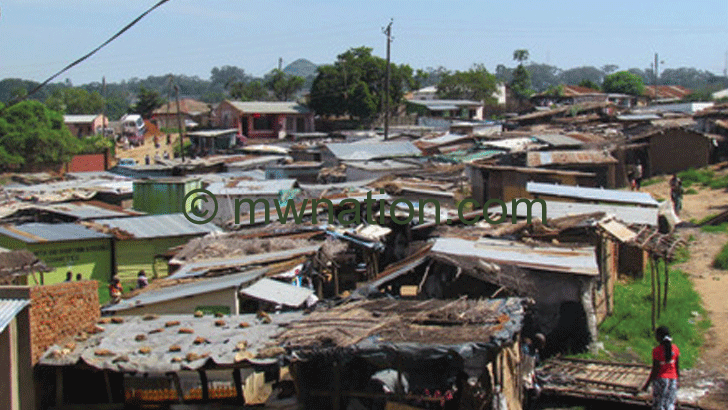Oxfam chides greedy politicians, businesses
Oxfam Malawi has said the looting of billions of kwacha at Capital Hill dubbed Cashgate coupled with profiteering business tendencies point to a deep rooted culture among the elite to share economic spoils at the expense of the poor.
The aid and development charity country director John Makina, in an e-mailed response to questions on Wednesday, warned that the continued abuse of power and by politicians and the elite will further throw millions of Malawi into the dungeon of poverty.

He said this in view of Oxfam International report released this week which showed that the richest one percent is now wealthier than the rest of humanity combined, arguing that the growing inequality poses a threat to economic expansion and social cohesion.
Said Makina: “Anyone who has seen the many large mansions springing up on the edges of Lilongwe and Blantyre and the plethora of new shopping malls being opened knows that conspicuous consumption among the richest is dramatically growing.
“We see politicians and the elite using their power and positions to amass wealth for themselves and those connected to them.”
He noted that reducing inequality will not be a by-product of growth under trickle-down assumptions, saying it only happens as a result of deliberate joint policy efforts by government and its stakeholders.
“Do we have the right policies in place and if we do, are we implementing them religiously? If the answer is no to the above questions perhaps as a country we need to go back to the drawing board and make things right to bring about the Malawi we all desire,” said Makina.
Last month, Oxfam launched an inequality report titled A dangerous Divide: The State of Inequality in Malawi, which warned that 9.5 million Malawians will live in poverty by 2020 if inequality is not checked.
It said 50 percent of Malawians are currently living below the poverty line.
Commenting earlier, Minister of Finance, Economic Planning and Development Goodall Gondwe agreed with the report’s observations, acknowledging the threat that inequality poses to the goal of attaining sustainable development for Malawi.
“If this situation is not reversed, our road to eradication of poverty will be a long one, and in fact, may not be reached for many generations. Poverty may even increase in this country,” he said.
Development economists argue that Malawi’s economic system is heavily skewed in favour of the rich such that instead of the benefits trickling down to the majority poor, the wealth is being sucked upwards by bourgeoisies through interest payments, dividends and profits, among others. n





